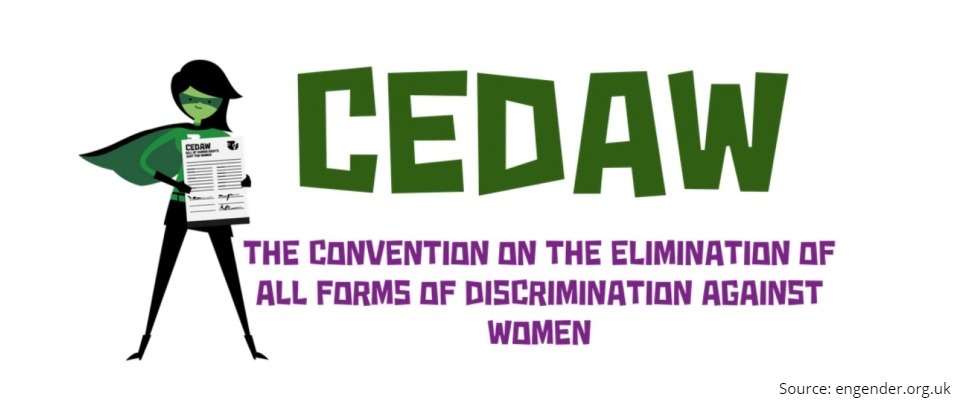Hotline: +381 61 63 84 071
Discriminatory gender stereotypes interfere with the improvement of women's rights

March 13, 2019
Concluding observations of the UN Committee on the Elimination of Discrimination against Women on the fourth periodic report of Serbia
Discriminatory gender stereotypes interfere with the improvement of women's rights
On March 8, 2019, United Nations Committee on the Elimination of Discrimination against Women (CEDAW) published Concluding observations on the fourth periodic report of Serbia on the implementation of the Convention on the Elimination of All Forms of Discrimination against Women.
The Committee gave a number of recommendations to the Republic of Serbia, from which it is evident that, despite improvements in the promotion of women's rights, the position of women in Serbia remains unfavorable compared to that of men. This is especially true for the position of women from multiple discrimination groups, and in some areas, the situation has deteriorated compared to Serbia's previous 2013 report.
One set of recommendations relates to improving the legislative framework. The Committee called on the National Assembly of the Republic of Serbia to take the necessary measures within its competence to implement recommendations specifically concerning the adoption of the Law on Gender Equality, amendments to the Law on Prohibition of Discrimination, the Law on Free Legal Aid, the Law on Prevention of Domestic Violence, Family Law, and Penal Code.
The Committee shares its concern about the high level of discriminatory gender stereotypes that impede the promotion of women's rights, increased anti-gender discourse and negative public attitudes about gender equality, as well as misogynistic statements shared by the media, including statements of politicians, religious leaders and members of the academic community, as well as the promotion of conservative ideas of a traditional family, in which women are reduced to the role of a mother.
The Committee is also concerned about the pervasive gender-based violence against women, especially older women and women with disabilities in residential institutions, because of inadequate risk assessment to prevent gender-based violence, including femicide, lack of effective prosecution of perpetrators, and lack of data collection and monitoring cases of gender-based violence against women.
The Republic of Serbia is advised to accelerate the process of equal representation of women, including Roma women and women with disabilities, in all areas of public and political life, especially in decision-making positions, at national and local levels, as well as in the armed forces and services abroad.
The Concluding Observations point to the poorer position of women from multiple marginalized and discriminated groups, especially Roma women, women with disabilities, elder women and rural women, in almost all areas of social life.
On the occasion of publishing the Concluding Observations of the CEDAW Committee, a press conference will be organized on March 20, 2019, at the Media Center starting at 11am, when the recommendations addressed to the Republic of Serbia will be presented in more detail.
The platform of civil society organizations for cooperation with the United Nations human rights mechanisms urges competent authorities of the Republic of Serbia to immediately proceed to act on the recommendations of the CEDAW Committee, in order to ensure full and adequate implementation of the Convention on the Elimination of All Forms of Discrimination against Women. Organizations within the Platform are ready to offer their expertise in this area.
NGO Atina gave its contribution through the provision of data and insights on the position of refugee and migrant women, specific issues they are facing, but also the broader context of the risks they are exposed to the CEDAW Committee, through the Joint Report of the Platform of Civil Society Organizations for Cooperation with UN Mechanisms, as well as through joint report of the Coalition of Women's NGOs led by SOS Women of Vojvodina. Atina also prepared a special submission for the CEDAW Committee as its contribution to drafting the Committee's general recommendations on combating trafficking in human beings in the context of global migration.












 FACEBOOK
FACEBOOK TWITTER
TWITTER YOUTUBE
YOUTUBE